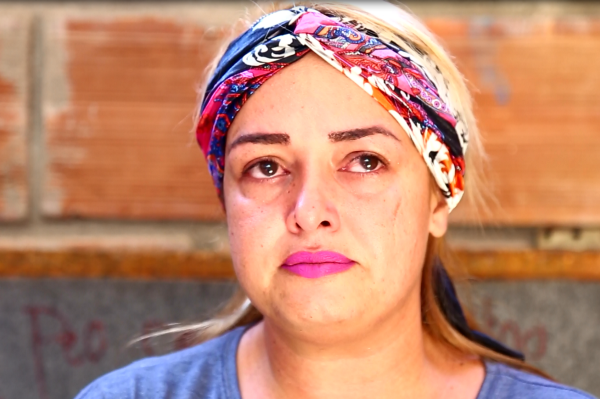Speeches Shim

Venezuela’s political and economic crisis has dire humanitarian consequences, including a collapsing health system and severe medicine shortages. In response, the United States is pre-positioning medical supplies near the Venezuelan border in Colombia and providing emergency health assistance throughout the region for Venezuelans who have fled their country.
Since 2014, deteriorating economic and political conditions in Venezuela caused a catastrophic domino effect that has so far driven nearly 3.4 million people from this once prosperous country. As hyperinflation worsened and prices skyrocketed, infrastructure crumbled and basic services — including electricity, water, and sanitation — experienced major disruptions.
It was only a matter of time before Venezuela’s health system felt the impacts. By 2018, nearly 70 percent of Venezuelan hospitals reported regular power and water outages, and nearly 90 percent of hospitals reported medicine shortages.
“In Venezuela, you can’t find medicine. You can’t find food. It’s very difficult to eat. What you earn in a month is not enough to feed yourself for a month. If you eat, you don’t buy clothes for your children.”
-Fabiana, 35-year-old Venezuelan migrant
To make matters worse, outbreaks of diseases that were once nearly eradicated — such as measles — have spread throughout Venezuela and across its borders. Between July 2017 and January 2018, approximately 6,400 confirmed measles cases were recorded in Venezuela. And a majority of the 17,000 confirmed measles cases recorded throughout the region in 2018 have been traced to outbreaks in Venezuela.

Comment
Make a general inquiry or suggest an improvement.